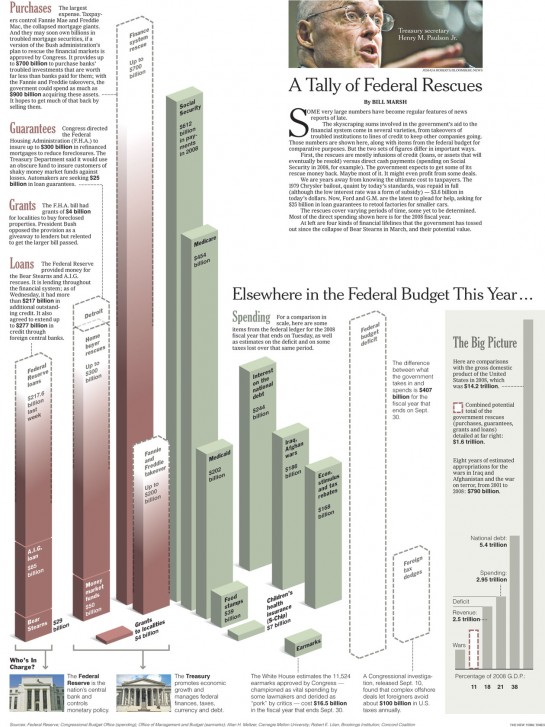
Time magazine says the suburbs are dying. To wit:
The Metropolitan Institute at Virginia Tech predicts that by 2025 there will be a surplus of 22 million large-lot homes (on one-sixth of an acre [675 sq m] or more) in the U.S.
Does anyone really believe that there’s a great turning away from large-lot, big lawn, clu-de-sac street homes? We urbanists love to presume that the decline of the suburbs is just around the corner, but we simply don’t see that in consumer purchasing decisions. While there indeed is an urban renaissance, largely driven by twenty somethings and empty nesters seeking the energy and diversity of the city, that is not the mainstream American aspiration.
Here in Thousand Oaks, California, I see little evidence that the suburbs are dying. High end housing prices have fallen, but the market at the low and middle ends seem robust. You hear very little call for “infill development,” greater amenities, or better mass transit options. There still is a compulsion for personal/family isolation and the “capture” of social goods like public schools and crime prevention that many suburban areas provide.
From my own personal bubble, I’ll believe the decline of the suburbs thesis when large local employers like Amgen, Countrywide and Baxter pick up and leave because the amenity package my region provides is not interesting enough to retain knowledge workers. Richard Florida’s creative class thesis would presage this happening but it doesn’t appear to be happening. I’ll keep you posted.




 I’ve been thinking about José’s blog on
I’ve been thinking about José’s blog on 